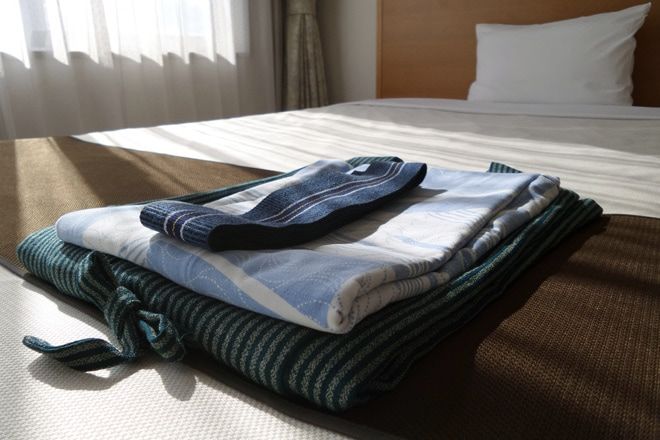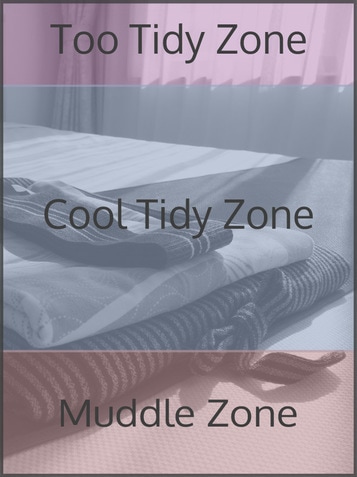|
"Tidy home, tidy mind " and the many variants is a very familiar saying. Its origins go back to around 1947, where it started out as "A cluttered up desk is a sign of a cluttered up mind " and was printed onto gift items at the time.
Over the years variants have popped up in books and magazines, such as "Tidy room, tidy mind " around 1982, and "Tidy home, tidy mind " by 1986. Since then it's all over the internet, and one version has been attributed to Albert Einstein, although there is no record of him saying it. Source Barry Popik via The Big Apple But, is it true?
As part of our daily lives we have many conversations, and in some of them we share our ideas. In one such conversation Simon told me about how he had been experimenting with tidiness to see whether it would lead to him having a tidier mind.
After tidying Simon immediately noticed that he felt more organised. He spent less time looking for things and felt calmer as a result. He noticed that getting ready in the morning was easier and smoother, and he also felt more comfortable in his new surroundings. Then he wondered, if tidying was beneficial is more tidiness even better? Well it wasn't for Simon. He ended up in a place he called the Too Tidy Zone. This was almost as uncomfortable as the Muddle Zone he had previously been in. Now things ended up being put away too well. Simon sketched out 3 zones,
What Simon is describing is a Goldilocks Zone. In our day to day lives, we have many Goldilocks Zones. I have one when I use lists. Footnote #1
Stress is another common area. You need some stress to feel motivated, but not so much you become overwhelmed. Having a realistic deadline is a way of applying some pressure to motivate you. While having too many unachievable deadlines are likely to lead you becoming overwhelmed, and feeling "stressed out " What does the research say?
A recent paper from 2011 in the Journal of Neuroscience, looked at how clutter affects our ability to focus.
What they found was that clutter affected people's ability to pay attention to a task. Processing clutter, which we do automatically, competed for "brain-time" with tasks that require directed attention. Erin Doland offers a plain language explanation of this paper via Unclutterer This sounds very much like Simon's observations about how things were easier to find after tidying, and reminds me of how easily I lose stuff when I put something down on a cluttered desk. There are other benefits to tidiness. People behave better in tidy spaces. This has long been an observation in public spaces, where clean settings lead to lower levels of littering and anti-social behaviour. However there is also a downside to tidiness, or if you prefer an upside to messiness. A study by Joesph Redden and Ryan Rahinel found that people in messy environments were more creative when asked to think up new ideas for using ping pong balls. The authors hypothesised that people in messy environments feel less confined by expectations and traditions, which enabled them to be more creative. It would seem that the old adage about messiness being required for creativity has at least a grain of truth in it. A summary of the paper is on Psychological Science Tidying up
What I like about this idea is that it is relatively simple. It doesn't need any particularly special skills, nor fancy techniques, and it can help.
I also really like the way Simon tackled this. He didn't accept it at face value, he experimented with the idea to see whether it had any merit. Experimenting and testing something out does not need a white coat nor a PhD. You don't need a sophisticated MRI scanner to see what is happening either. You are already armed with some very sensitive measuring equipment - your senses and feelings. Hmmm, now for that messy corner of the office... I would like to express my thanks for Simon's generosity in allowing me to share his idea. Related articles...
0 Comments
Leave a Reply. |
Categories
All
Archives
January 2021
|
BioI'm Mark, a Humanistic Counsellor. |
Home - Testimonials - Articles - Links - Contact - Book Appointment - Counselling Students - Privacy Policy - Terms
Mark Redwood, BA (Hons) Counselling, MBACP
© Mark Redwood 2015, 2016.2017 | Main portrait by Doug Freegard © 2015



 RSS Feed
RSS Feed